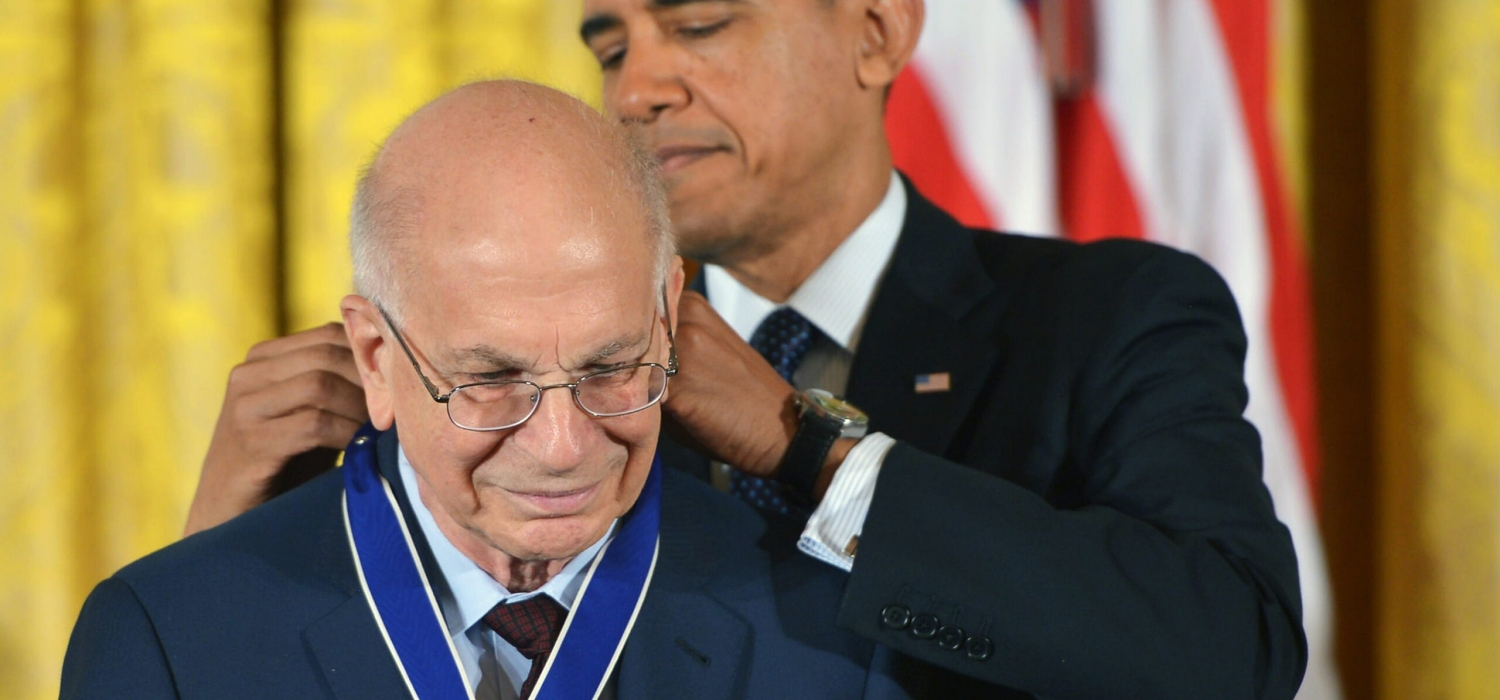2024 Summer Olympics Taxes | TaxEDU
This is part of our educational blog series, “The Short Form,” to simplify taxA tax is a mandatory payment or charge collected by local, state, and national governments from individuals or businesses to cover the costs of general government services, goods, and activities.
issues and explore the world through the lens of tax policy. Learn more about taxes with TaxEDU.
The 2024 Summer Olympics are underway, drawing the attention of billions and continuing a tradition dating back thousands of years. But you know what else originated thousands of years ago and affects even more people?
Taxes.
And taxes touch the Olympics too. In this post, we’ll explore how Olympians—and those watching from the stands—are taxed.
Record Breaking Taxes on Tourists
Tourists traveling to Paris for the 2024 Olympic Games may face a sticker shock when it’s time to foot the bill, but not just because Paris ranks as one of the world’s top 10 most expensive cities. The tourist tax hikes for the 2024 Summer Olympics are breaking country records.
Ahead of the Olympic Games, the French government increased its tourist tax by nearly 200 percent in January 2024 to fund public transportation. This is the largest increase by any Olympic host; even cities such as London and Rio de Janeiro didn’t impose such drastic increases.
The biggest hikes were in luxury accommodations, with a value-added tax (VAT) increase of 199 percent (from €5 to €14.95 per night). The average increase for 4- and 5-star hotels was 184 percent, and guest rooms and hostels increased by 160 percent.
Tourist taxes are fees levied on guests visiting a city or country that can be applied to simply enter, or through tourist accommodations like hotels or flights. These taxes are not just a money grab for these locations; they target the additional impact on infrastructure, travel and traffic, cost of living for residents, and the environment that an influx of tourists can bring.
Even though hotels send tourist tax collections to the appropriate municipality (as it is a local tax), their guests pay the price. The increased taxes have compelled hotels to pass on the costs to consumers, resulting in a 226 percent rise in nightly hotel rates.
Does Taking the Gold Mean Taking a Tax?
While tourists to France for the Olympics will face a larger tax burden, US Olympians won’t.
During the 2016 Rio Summer Games, the US passed the Appreciation for Olympians and Paralympians Act, or “Victory Act,” to exclude from tax the value of the medals earned and cash bonuses paid for those earning less than $1 million in annual net income. While some athletes are quite wealthy, many earn little to no income for practicing their sport. Many other countries exempt their athletes from tax as well.
While the Olympic Games have consistently raised billions of dollars, the athletes’ monetary benefits widely vary. How much medalists earn for competing on the world stage is decided by their home country. An Olympian can be awarded anywhere between $2,000 in Nigeria to $745,264 in Singapore. The US awards $37,500 for gold, $22,500 for silver, and $15,000 for bronze.
The Paris Olympic Games will be the first to award medalists with an additional $50,000 regardless of nationality. This sum comes from the international sporting organization World Athletics, which hopes to allocate revenue to the Olympians that make the cultural event possible.
As the 2024 Summer Olympics continue, it raises the question of whether tourists should bear the tax burden of the games while most Olympians go tax-free.
Stay updated on the latest educational resources.
Level-up your tax knowledge with free educational resources—primers, glossary terms, videos, and more—delivered monthly.
Subscribe
Share






